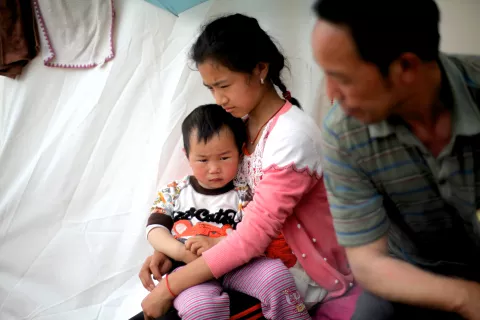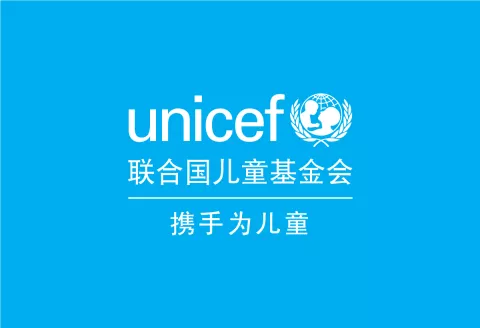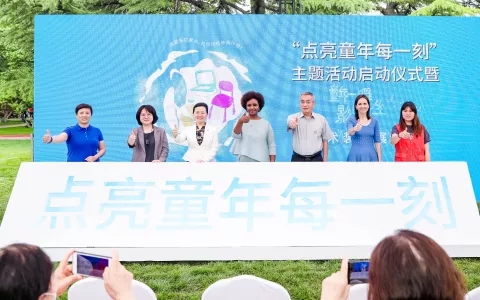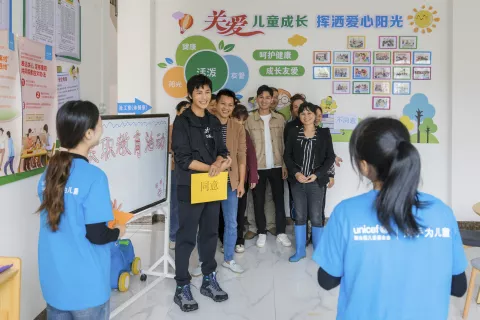Life after the earthquake
The story of Ms. Yuan Minghua in Bao Gu Nao Camp, Yunnan Province
- Available in:
- 中文
- English
Yunnan Province, 1 September – It was hard to comprehend what thirty-year old Yuan Minghua, was going through when we met her in a temporary shelter camp at Qingshan Village in Bao Gu Nao Township in Yunnan Province. In a matter of minutes her life had been shattered. Her children, a six-year old son and a three year old daughter, were buried in the ruins of her home which was destroyed by an earthquake measuring 6.1 on the Richter scale on 3 August 2014.
Through her tears, she explained how, while her husband worked at a construction site in another county, she had decided that she would not migrate for work but instead stay behind to look after them.
“When the earthquake struck, I was in the field picking Sichuan peppers, and my children were at home on their own. I ran back home immediately, but saw our house had collapsed. My son and daughter were buried in the heap of ruins. They died when they were dug out,” she said. Yuan Minghua couldn't stop weeping. “We lost my children and everything, and now we have nothing left but a baby pig.”
Qiao Jia County neighbours Lu Dian County, both badly affected in the earthquake that killed 617 people and left 229,700 homeless(date to 8th August). During a field visit to the quake affected area, the road from Ludian to Qiaojia was blocked by landslides so we had to take a much longer route to get to our destination. The road conditions to Qiao Jia were also very poor, and our car had to stop for a few times to wait for the digging machines to clear athe falling rocks and stones on road. After three hours' drive from Qiaojia County town, we finally arrived.
The camp, where Yuan Minghua lives, is built along a hill by the side of the main road. The local government set up about 120 tents to accommodate over 400 people evacuated from Xin Ping Village. When we arrived, the adults were busy hauling bricks to construct a path in front of their tents. Many children were playing around in the camp, while some older children were looking after their younger siblings, being carried on their backs.
Before the earthquake, Xin Ping village was a typical village affected by migration. Ninety per cent of the men in the village migrated to work in other places, and left their children, wives and elderly behind. For income, people in the village mainly relied on pig raising and the sale of Sichuan peppers gathered from the mountain. Everyone talked to us of the destruction and the loss. Five people had died, including one mother who held her child in her arms when her house collapsed. By a miracle her child had been saved.
As a Child Protection Officer for UNICEF China, I had come with fellow colleagues on an emergency response mission to assess the damage and see how we could quickly set up child friendly spaces for children who had survived, and were now living in temporary shelters- still traumatized and in shock from what they had experienced. As part of the post-emergency response efforts to the 2008 Sichuan earthquake, we had clearly seen the positive impact of setting up Child Friendly Spaces – which provided safe spaces for children to come play, get counselling and come to terms with what they had seen.
Already there were a number of makeshift play areas that had been set up by university volunteers, who had brought a tent and toys for the children to play with, but this was only meant to be a temporary arrangement. UNICEF was looking to provide both short-term support as well as long term child protection services through Child Friendly Spaces . We planned to establish five additional centres, above and beyond the ones already operating in the quake-affected county, and train local community people to manage and operate these. We would begin first with the centre in a tent, and then ultimately migrate this to a more permanent structure when the rebuilding started.
Yuan Minghua continued, “When my husband heard about the earthquake, he tried to come back home. He got a ride from Lincang to Kunming, and joined his cousin whose fifteen year old daughter also died in the earthquake in our village”. They travelled back to Ludian, walking three hours to get home. “He is in a deep sorrow about losing our children. Today, when he saw the goods for children being distributed to our camp, he was very upset and went back to our tent.”
Yuan Minghua now helps to collect bricks for others in the group. She says this helps her to stay busy to forget about her loss. “Whenever I am free, I can't help but think of my children,” she says sadly.
Despite her loss and pain, she has already volunteered to help at the Child Friendly Space. Not only will it ease her pain to be around children again, but she believes that they will be important for the communities' children and a way to pay tribute to her own children.
“There are no facilities for children in our village but the school. However, children need to walk for at least 50 minutes to go to the school” she explained. “There is not much we can do, but leave our children at home when we work in the field. If there was such a place to help me to look after my children on that day, they would not have died.
When we told Ms. Yuan Minghua that we would welcome her support to the Child Friendly Space and we needed volunteers like her, for the first time, she smiled, knowing she was needed too by other children in the community.
Note: Xuemei Chen is a Child Protection Officer with UNICEF China. She has a long history of working on child protection issues and humanitarian assistance, having worked on the 2008 Sichuan Earthquake emergency response and also with MSF in China.





